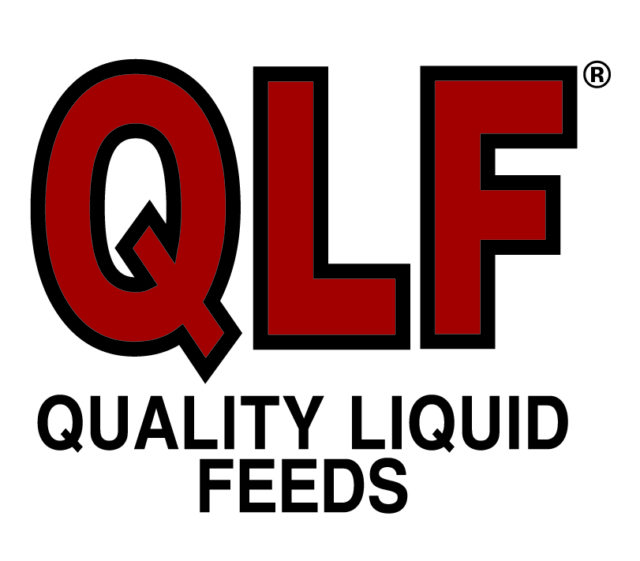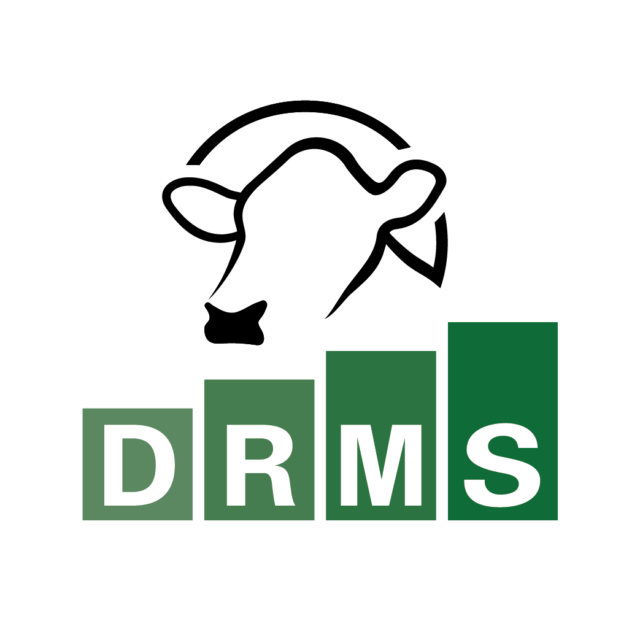JUNE PPDS and FMMO POOLING
What happened?
At the risk of producer price differential (PPD) overload, Federal Milk Marketing Order (FMMO) administrator reports covering June 2021 milk marketings contained something we haven’t seen in quite some time: PPDs in all applicable FMMOs were positive (Table 1).

However, Progressive Dairy has heard multiple reports of negative PPDs on June producer settlement checks in some areas, taking away some of that positivity.
What’s next?
How long positive PPDs last is yet to be determined. Impacting pooling and PPDs, the Class III-Class IV spread was just 86 cents in June, the narrowest since February 2020. As of the close of Chicago Mercantile Exchange trading on July 19, July and August spreads in Class III-Class IV futures prices sat at about 73 cents and 79 cents, respectively. That should be a positive for pooling and PPDs through summer. (Markets have been fluctuating widely and actual July Class III and Class IV milk prices were announced on Aug. 4, after Progressive Dairy’s deadline.) Beyond that, the spread grows to an average of $1.52 per hundredweight (cwt) in the fourth quarter of 2021, resurrecting depooling possibilities.
Bottom line
For the first time since the COVID-19 pandemic began to impact marketing and prices, there was some move toward normalcy. June uniform prices at standardized test hit six-month highs in 10 of 11 FMMOs; the outlier was the Upper Midwest No. 30.
More noticeable were the PPDs: June 2021 marked the first month that baseline PPDs were positive in all applicable FMMOs since January 2020.
As we note every month, however, PPDs have zone differentials and vary slightly within each FMMO. Also, whether positive or negative, PPDs’ impacts on producer milk checks are based on individual milk handlers. One producer in Iowa told Progressive Dairy his June settlement check included a PPD of -$2.08 per cwt, even though the Central FMMO No. 32 PPD was announced at a +23 cents.
With the narrower Class III-Class IV milk price spread, Class III milk depooling incentives were reduced. On a percentage basis (Table 2), June 2021 levels of Class III milk utilization and pooling inched toward pre-COVID levels.

On a volume basis, total Class III milk pooled across all FMMOs was about 2.46 billion pounds, up from the 1.54 billion monthly average during June 2020-May 2021. By comparison, Class III pooling across all FMMOs averaged 4.56 billion pounds per month during January-May 2020 and 6.6 billion pounds per month during January-August 2019.
PRICE COMPARISONS
What happened?
First-quarter 2021 differences in two monthly milk prices announced by USDA maintained the wider spread that surfaced last year. Through the first three months of 2021, the U.S. average “mailbox” prices was about $1.25 per cwt less than average “all-milk” prices for the same period.
What’s next?
The all-milk price estimates the gross milk price farmers receive each month. The mailbox price is defined as the net price and includes most marketing and other deductions. The difference represents a challenge: USDA risk management programs, including the Dairy Margin Coverage (DMC) program, are based on the all-milk price. With the mailbox price below the all-milk price, producers are unable to use those tools to protect “local basis.”
Bottom line
Based on the USDA data, the U.S. average difference between mailbox and all-milk prices grew to -$1.36 per cwt in 2020, compared to -73 cents per cwt in 2019 and -55 cents per cwt in 2018. With COVID-19 market disruptions resulting in FMMO depooling and negative PPDs, the differences between mailbox and all-milk prices were large in the second half of 2020, peaking at -$2.22 per cwt and -$2.15 per cwt in October and November, respectively.
THINGS TO WATCH
Some things that might happen and could impact your bottom line when and if they do happen are public hearings concerning federal dairy policy reforms.
We won’t know the date but U.S. Sen. Kirsten Gillibrand (D-New York) said she continues to move forward on scheduling a Senate Ag Committee subcommittee hearing on dairy policy, according to the American Dairy Coalition (ADC). Gillibrand chairs the Dairy, Livestock, Poultry, Local Food Systems, Food Safety and Security subcommittee. Floor sessions in both the House and Senate are suspended during most of August through mid-September, with committee activity resuming in early September.
A separate track for potential dairy policy reform is a FMMO hearing. However, at Progressive Dairy’s deadline, no formal hearing has been requested or scheduled, about three months after the National Milk Producers Federation (NMPF) board approved moving forward on a hearing request.





